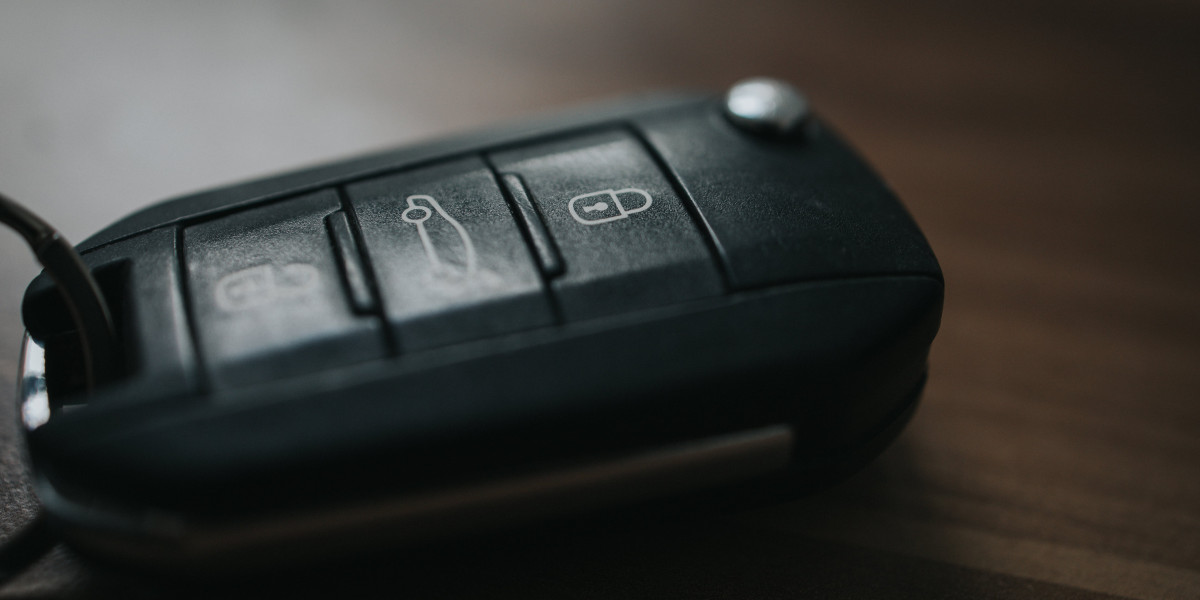Understanding Ignition Key Replacement: A Comprehensive Guide
In today's fast-paced world, where automobiles are an important part of everyday life, losing or damaging the ignition key can bring about significant trouble. Ignition key replacement is a procedure that lots of vehicle owners deal with at some point. This post supplies an extensive look at ignition key replacement key near me, types of keys, the process included, and answers to frequently asked questions.

What is an Ignition Key?
An ignition key is a small metal item created to run the ignition system of an automobile. It allows the motorist to begin the car's engine, and in many contemporary lorries, it also supplies access to extra functions, such as locking and unlocking doors and triggering security systems.
Kinds Of Ignition Keys
There are several types of ignition keys, each with unique features and systems. Comprehending these differences can help vehicle owners know what to anticipate when changing ignition keys.
1. Traditional Car Keys
Conventional keys are easy metal keys cut to fit a particular ignition cylinder. This type of key is one of the most fundamental and is frequently discovered in older lorries.
2. Transponder Keys
Modern cars often come geared up with transponder keys that have a small microchip ingrained within them. This chip sends out a signal to the car's ignition system, making sure that only the correct key can start the engine. Transponder keys supply extra security however can be more expensive to replace.
3. Switchblade Keys
Switchblade keys are a hybrid of conventional and transponder keys. They include a foldable style that retracts into the key fob. When needed, the key turns open, resembling a switchblade knife. This style is both compact and trendy.
4. Key Fobs and Smart Keys
These are the most innovative ignition keys. Key fobs normally contain both ignition and remote car key replacement near me control functions that permit the motorist to unlock doors and begin the engine without placing a key (keyless entry and start). Smart keys use distance sensing units to detect the key fob within a particular range, making it possible for push-button start functionality.
The Ignition Key Replacement Process
Replacing an ignition key can vary in intricacy depending on the type of key and the vehicle's make and model. However, the general process is described listed below:
Step-by-Step Guide to Ignition Key Replacement
Report the Lost Key: If the key is lost or taken, it is crucial to report it to regional authorities and notify your insurer.
Gather Necessary Information: The vehicle owner ought to collect all appropriate details, such as the make, model, year of the vehicle, and vehicle identification number (VIN).
Visit a Locksmith or Dealer: Choose between a locksmith professional focused on automotive keys or a car dealer. Each option has advantages and disadvantages regarding rate and timing.
Offer Proof of Ownership: Regardless of who you approach for key replacement, be prepared to show proof of ownership, such as the vehicle title or registration.
Develop a New Key: Depending on the key type, the locksmith or dealership will cut a conventional key or program a transponder, key fob, or smart key.
Test the New Key: Once the key is created, it's vital to test it to ensure it works perfectly with the vehicle's ignition system.
Possible Costs Involved
Below is a table highlighting the potential expenses associated with ignition key replacement based on the kind of key:
| Type of Key | Typical Cost | Key Features |
|---|---|---|
| Conventional Key | ₤ 10 - ₤ 40 | Basic key, no transponder |
| Transponder Key | ₤ 50 - ₤ 150 | Microchip technology for improved security |
| Switchblade Key | ₤ 80 - ₤ 200 | Integrates standard key functions with design |
| Key Fob/Smart Key | ₤ 200 - ₤ 500+ | Advanced functionality with keyless entry |
Often Asked Questions (FAQs)
1. The length of time does it take to replace an ignition key?
The time needed to replace an ignition key and fob replacement can differ, normally varying from 10 minutes to an hour, depending on the key type and the provider's abilities.
2. Can I replace a lost key myself?
While developing traditional keys can often be finished with DIY sets, modern transponder and key fob systems generally require customized equipment and programming, making it recommended to look for professional support.
3. What to do if I lose my key fob?
If you lose your key fob, it can frequently be reprogrammed for a cost by a locksmith professional or dealership, who can produce a brand-new one to ensure that no unauthorized parties can access your vehicle.
4. Will my insurance cover key replacement?
Lots of auto insurance plan supply protection for lost or taken keys. It is advisable to examine your policy or contact your insurance service provider to validate your protection details.
5. Exist preventative measures to avoid losing ignition keys?
- Keep spare type in a safe and secure place.
- Use keychain organizers to decrease the chance of misplacing them.
- Consider getting a Bluetooth tracker for your keys.
Ignition key replacement is a vital aspect of vehicle upkeep that every car owner should understand. Understanding the kinds of ignition keys, the replacement process, and associated expenses can help enhance the experience. Being proactive about key management can substantially decrease the inconvenience and expense when confronted with the potential loss or damage of an ignition key. Vehicle owners are encouraged to keep notified about their options to guarantee they are prepared ought to they ever discover themselves in need of an ignition key replacement.







